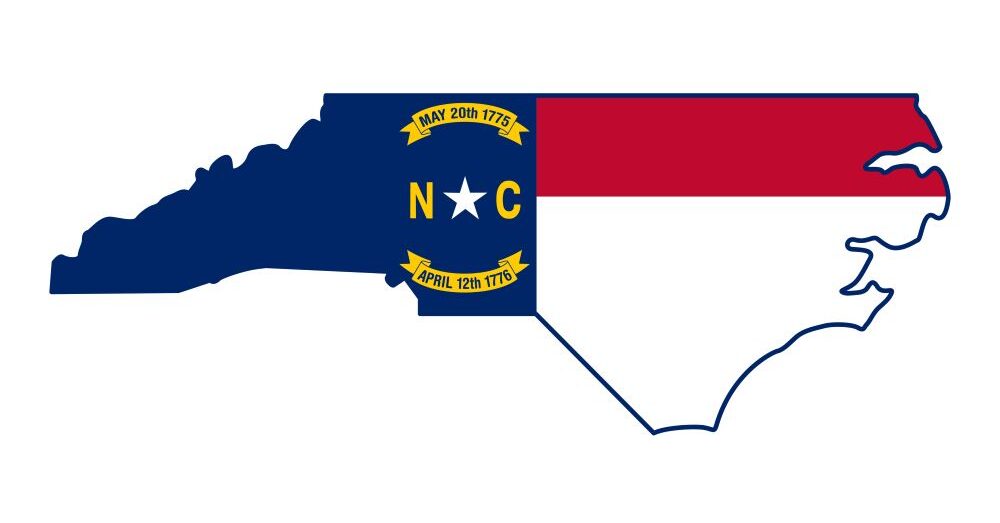Starting December 1, private schools in North Carolina will be legally permitted to grant permission for teachers, employees, and volunteers to carry concealed handguns or stun guns on school property. The change follows the enactment of House Bill 193 (HB 193), which Republican lawmakers passed after overriding a veto by Democratic Governor Josh Stein.
Major Provisions of HB 193
HB 193 introduces a significant shift in state policy by granting private schools the option to allow certain personnel to carry concealed firearms within school premises, reports the News & Observer. This includes teachers, staff, and approved volunteers, provided they meet the following criteria:
Related Article: Which States Let Teachers Carry Guns in School?
- Written Authorization: Staff and volunteers must have written permission from the school’s board of trustees or administrative director.
- Concealed Handgun Permit: Individuals must hold a valid concealed handgun permit issued by their local sheriff’s office or another state, as North Carolina recognizes out-of-state permits.
- Annual Training: They must complete eight hours of annual training in gun safety and the responsible use of firearms. This is in addition to the mandatory firearms training already required for a concealed handgun permit.
Private schools opting into this policy are also required to establish written standard operating procedures for weapon possession and use on campus. These procedures must be shared with parents annually.
Proponents Argued New Law Bolsters School Safety
Proponents of the law argue that arming staff provides private schools with a critical tool to enhance security in the event of emergencies, such as school shootings. Republican legislators highlighted how this option could be particularly beneficial for schools located in rural or remote areas, where law enforcement response times may be slower.
Some supporters referenced the mass shooting at a Christian elementary school in Nashville, Tenn., in March 2023 as an example of why private schools might choose this policy. During legislative discussions earlier this year, lawmakers noted that private schools across the state had expressed interest in such measures as a preventative option.
Opponents Claimed HB 193 Increases Chances of Accidental Discharges
However, Governor Josh Stein, who vetoed HB 193 before lawmakers overrode his decision, argued that allowing teachers and non-security personnel to carry firearms on school grounds could introduce new risks. Stein said well-trained law enforcement officers were a much better option than asking teachers and school volunteers to step in.
Gun safety advocates and numerous Democratic legislators echoed these concerns during legislative debates. Critics warned that the presence of firearms in schools might result in unintended consequences, such as accidental discharges or increased vulnerability during emergencies.
Related Article: Negligent Discharges: A Real Risk If We Allow Guns on Campus
The bill initially faced significant opposition, but a single Democratic lawmaker, Rep. Shelly Willingham of Rocky Mount, crossed party lines to vote in favor of HB 193. Willingham’s vote provided the Republican majority with the necessary support to override the governor’s veto and pass the law.
HB 193 includes two additional changes to firearm regulations in North Carolina. Under existing laws, concealed handguns are permitted in places of worship that also serve as schools, but only outside of school hours. HB 193 expands this law by granting an exception that allows individuals with concealed carry permits to carry handguns at any time during religious services or other sacred gatherings, even if they occur during school hours.
Before HB 193, North Carolina law generally prohibited the possession of firearms on the properties of public and private schools, as well as colleges and universities. Violation of this restriction was classified as a Class I felony. HB 193 marks a significant policy shift by creating the first major exception to this prohibition for private schools, specifically allowing for concealed handguns under strict approval and training requirements.

